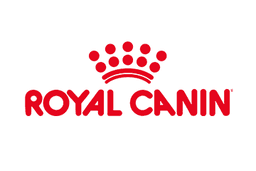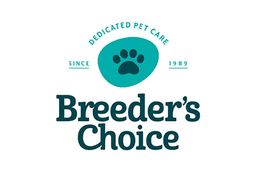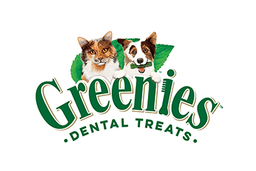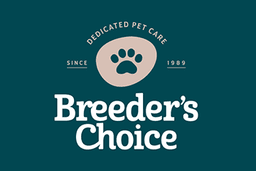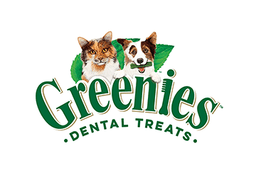As your beloved pet ages, it's important to know how to care for a senior dog. There is much to be done to keep your ageing dog as healthy as possible, enrich their day-to-day lives, and accommodate their changing needs.
Here’s a quick guide to the signs of ageing and the basics of caring for a senior dog.
When Does a Dog Become a Senior?
The age at which a dog is considered senior can vary depending on their breed and size. Generally, smaller breeds tend to live longer and may not be considered senior until around 9 or 10 years old. Larger breeds often age more quickly and might be considered senior as early as 6 or 7 years old. If you're unsure, it's always a good idea to consult with your vet, who can help determine when your dog has entered their senior years.
Signs of Old Age in Dogs
Signs of ageing can creep up on a dog, but some indications may appear fairly suddenly and need monitoring. Things to look for can include:
-
Changes in Behaviour: You know your dog best. If their behaviour is suddenly quite different, it could be due to physical or mental changes. For example, they may seem more anxious, confused, or withdrawn, which could be early signs of cognitive decline.
-
Mobility Issues: Difficulties getting up and down, with stairs, or getting in and out of the car could all be indicators of arthritis or joint pain. While we don’t stock mobility aids, adding a ramp or steps could make a world of difference to your dog’s comfort.
-
Weight Fluctuations: Weight loss could indicate an underlying illness or changes in how they’re digesting food. Conversely, weight gain might signify a decrease in activity levels. Keeping an eye on their weight is crucial for their overall health.
-
Coat and Skin Changes: A rougher or thinner coat, along with the appearance of grey hair, can be normal signs of ageing. However, if you notice excessive shedding or skin issues, it might be worth discussing with your vet.
-
Dental Issues: You might notice that your dog isn’t managing kibble or bones as well as they used to. This could be due to dental problems, which are common in older dogs. Incorporating dental care products can help maintain their oral health.
-
Sleep Pattern Changes: Your senior dog may sleep more during the day but be restless at night due to joint pain or senility issues. A comfortable bed and joint supplements can help improve their sleep quality.
Caring for the Health of Senior Dogs
To ensure the best quality of life for your senior dog, there are things you should be mindful of and changes you can make to accommodate their needs:
-
Routine: Maintain a familiar daily routine. This will be reassuring for both you and your dog, particularly if you notice any mental deterioration or changes to their eyesight or hearing.
-
Medical Care: Senior dogs often require a bit more monitoring, so consider increasing annual vet checks to biannually. This way, you can catch any health issues that need special care, whether it’s arthritis, dental problems, or something else.
-
Exercise: Maintaining a regular exercise regime is important, even if you need to make walks shorter and less strenuous. Regular movement helps keep their joints flexible and their mind engaged.
-
Diet and Nutrition: A high-quality diet tailored for senior dogs is essential. Look for dog food that’s lower in calories but high in easily digested proteins. Smaller, more frequent meals may suit your senior dog better. Your vet can suggest diets and supplements specific to conditions like joint pain or digestive issues.
-
Joint Supplements: As dogs age, joint health becomes a priority. Adding a joint supplement to their diet can help manage arthritis and other joint-related problems, keeping them comfortable and active for longer.
Things You Can Do to Aid an Ageing Dog
Just like with ageing humans, there are simple things you can do at home to help your senior dog:
-
Accessibility Aids: Consider adding ramps or steps to help them access the car, bed, or couches more easily. Even if you don't have mobility aids on hand, making your home more accessible can ease their daily routines.
-
Engaging Toys: Keep getting them new toys to enrich their day-to-day life. Food puzzles, for instance, can keep them occupied and focused while also slowing down the eating of kibble. This can be particularly beneficial for maintaining dental health.
-
Comfortable Bedding: Adding blankets or towels to their bed can increase comfort, especially if they’re dealing with joint pain. A supportive, orthopaedic bed can make a huge difference in their quality of sleep.
-
Warmth and Comfort: As dogs age, their ability to regulate body temperature decreases. A good coat can keep them warm during winter walks, while a cool mat might be appreciated in the summer.
The most important thing to remember as your dog enters their senior years is that your care, attention, and love are irreplaceable. By making a few adjustments to their routine and environment, you can help your senior dog enjoy their golden years with comfort and happiness.




